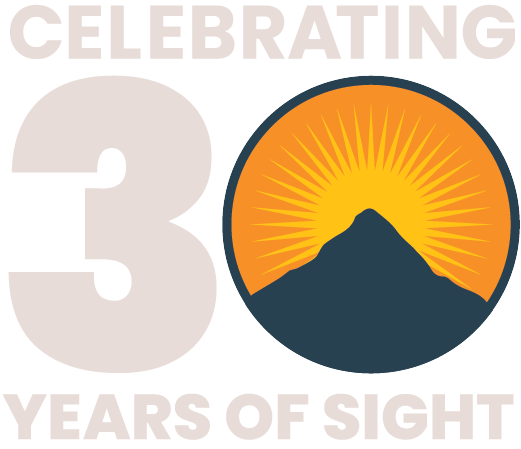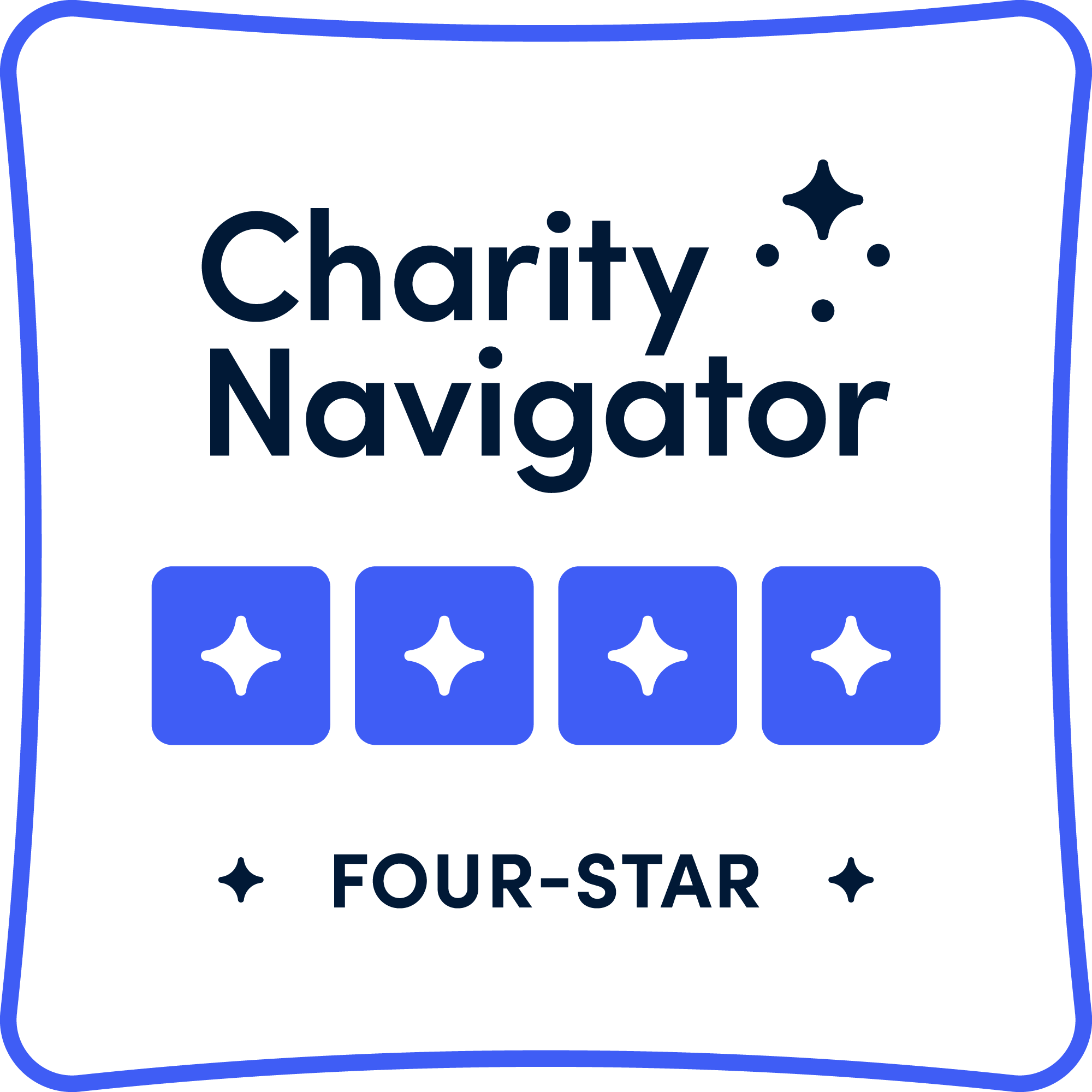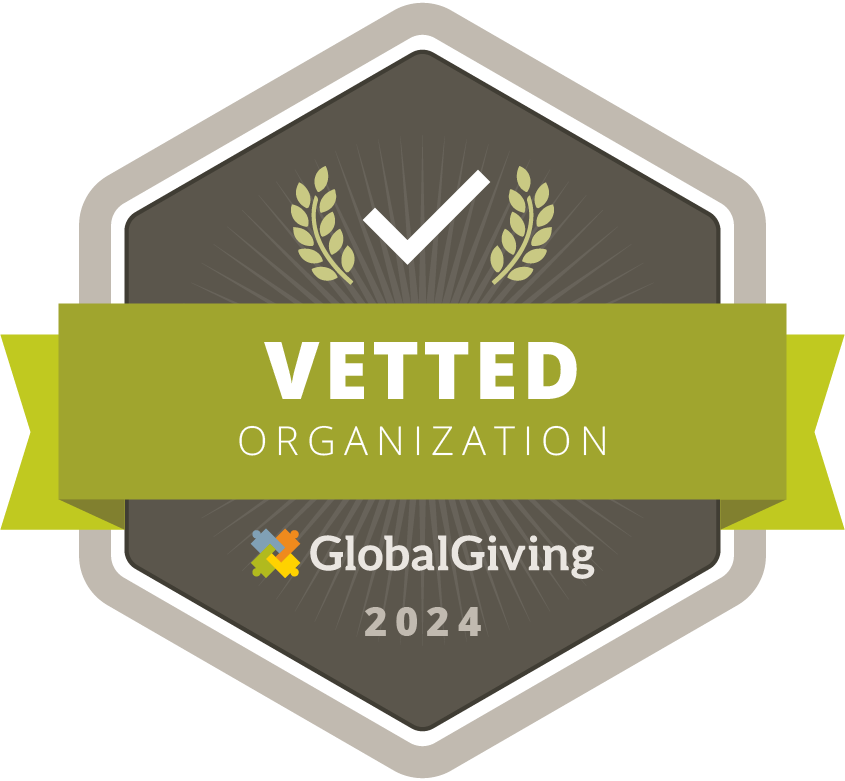Small NGO in Little State, Makes Big Impact Around the World
An article published by the Stowe Reporter, written by HCP Communications Intern, Sage Lively
***This article was published in the August 1, 2019 edition of the Stowe Reporter and written by HCP Communications Intern, Sage Lively***
As many faithful readers of the paper know, The Himalayan Cataract Project has an office in Waterbury, running an international non-profit that’s performed an estimated 893,452 surgeries, helping people suffering from needless blindness or impaired vision. HCP changes lives through cataract surgeries, screening for glasses, glaucoma, and a variety of other services. The small local office does amazing work, reaching across the world from their modest ten person operation in Waterbury to help people all around the globe via fundraising, organizing training and outreaches, and connecting partners separated by millions of miles. As impressive as this is, perhaps even more heroic are the tireless doctors, nurses, optometrists and technicians performing hundreds of thousands of life-changing operations, and training others to do the same, helping to build HCP’s expansive training network.

Through the ingenious work of Dr. Sanduk Ruit and Dr. Geoff Tabin, HCP’s co-founders, cataracts can now be treated in hospital or non-hospital settings with a one-time, low-cost procedure, allowing far more people to be treated, especially in remote locations. The procedure, known as Small Incision Cataract Surgery, can be completed in mere minutes, the materials only costing $25 per eye. Because of these innovative techniques, doctors like Dr. Kumale Tolesa and Dr. Srijana Adhikari are able to give back to their communities in ways not possible before.

Dr. Kumale is an experienced ophthalmologist working in southwest Ethiopia, helping to eradicate curable blindness in the next generation. Growing up in Ethiopia, Dr. Kumale saw how many people suffered needlessly from cataracts, unable to access medical attention due to lack of ophthalmologists in the area, or for that matter, the country. “Since my childhood I have been aspiring to help patients, and specifically, I became an opthamologist, because I saw a lot of very poor people seeking medical attention.” Those with limited funds are unable to afford treatments or transportation to reach one of the few equipped medical facilities. The community’s need for ophthalmologists was especially apparent on an outreach Dr. Kumale attended as she witnessed two ophthalmologists struggle to meet the needs of the people, especially those with few resources. Watching Dr. Fisseha, one of the leading ophthalmologists, work tirelessly to meet the never-ending demand inspired Dr. Kumale to follow in her mentor’s footsteps, cementing her path to ophthalmology.

Soon after, Dr. Kumale was introduced to HCP while working at Jimma University, and continued to seize training opportunities through the organization. This training included a visit to the Tilganga Institute of Ophthalmology, where she had access to the vast expertise and technology to hone her skills even further. Dr. Kumale continues to help her community, serving as the, “only ophthalmologist working with the pediatric age group in southwest Ethiopia with a population of 15 million, where children account for nearly half of the population.” It is no small task, but Dr. Kumale continues to fight the good fight one operation at a time.
Like Dr. Kumale, Dr. Srijana also felt pulled to a medical profession at a young age, but her passion didn’t quite focus on ophthalmology, but fell rather to pediatrics. Despite her passion and excellence in school, Dr. Srijana wasn’t allowed to pursue her choice of specialty. This was no loss, however, as when one door closes, another opens. When pediatrics was no longer a viable option, she found ophthalmology, specifically, pediatric ophthalmology. After her work with school children during her residency, Dr. Srijana fell in love with the profession, seeing how deeply impactful her work truly was.

Dr. Srijana came in contact with HCP for the first time in 2009 through the Tilganga Institute of Ophthalmology, located in Kathmandu Nepal; her home country. Since then she has filled both the role of trainee and mentor. She remarked, “... being a mentor is a huge responsibility as well. Every student is different, so you have to understand that and modify your teaching methods, That's a big challenge… So while giving hands on training I face the challenge of giving training on surgeries and at the same time giving optimum treatment to the patient.” Dr. Srijana describes formatting her teaching methods around different students, who come from all different cultural and geographical backgrounds. Her personalized style is present when she treats patients too, choosing to, “treat the child, not the disease.” Dr. Srijana believes that to truly understand a patient and their disease, you have to get close to them. “Don’t think it’s a case with cataracts, it’s a child with cataracts.”
While Drs. Srijana and Kumale were very humble about their extremely impressive accomplishments, CEO Job Heintz was more than happy to toot their horns for them. As CEO, Job’s home life is centered around his family and charming office in Waterbury, using it as a touchstone between trips all over the world, visiting treatment and training centers. From this perspective, Job has had the privilege of helping the organization grow and diversify. Job explains how HCP’s training process is focused entirely on capabilities, “One of the things I’m most proud about with the Himalayan Cataract Project is that our decision making in who we support… really is agnostic as to gender; we’re looking for the best, most capable, brightest, most excited, most natural born leaders.” Because of their bias-free process, women are able to rise not only in ophthalmology, but throughout the organization.
Take for instance, Dr. Reeta Gurung, the CEO of the Tilganga Institute of Ophthalmology, HCP’s flagship Medical Center and Training Institution in Nepal. The institution was largely established by HCP founders, and plays a large role in the training of doctors like Dr. Srijana. The Institute now boasts more than 1,534 trainees attending programs in 2018 from 43 countries all over the world, with a total of 18,616 trainees since inception. At the head of it all is Dr. Gurung, the CEO of Tilganga, another accomplished woman in the ranks of HCP.
Thanks to their agnostic approach, HCP is able to partner with skilled doctors who can better understand their patient’s conditions, whether it be adult women or younger girls. This diversity friendly partnering system is not charity, Job explains, as HCP does not go out of their way to diversify, as there's no need to. When given an equal chance, these amazing women rise on their own, “We didn’t set out to say, ‘Okay let's make these decisions based on gender,’ the cool part is, by being agnostic to that, is that you have these incredible people who happen to be women. And they’re running things.” These changes reach past HCP, pervading the countries and cultures surrounding them. “It strengthens, not just eye care, but it’s strengthens culture and the women's movement… It’s a great thing for women, it's because of their capabilities and motivations and leadership… for me it's amazing as a father of two girls in this society where anything's possible.” The inspiring doctors of HCP not only change millions of lives, but they set an example for young women aspiring to great things, who because of women like Dr. Kumale and Dr. Srijana, may have a few less obstacles to face, “They’re leading a whole generation.”
Doctors like Dr. Srijana and Dr. Kumale are working all over the world, saving hundreds of thousands from an entirely preventable and curable disease. Cataracts can present a child with insurmountable challenges, delaying both their social and educational development. Families can be crippled by the loss of field hands or working members who are sidelined by cataracts, or who carry the responsibility of caring for a child who is blind. By restoring their sight, their lives are given back. Dr. Kumale and Dr. Srijana’s amazing, life altering work deserves to be recognized, alongside the talented men and women they work beside everyday, whether in Ethiopia, Nepal, Ghana, South Sudan, or a charming old house in downtown Waterbury, Vermont.
"To donate or learn more about the Himalayan Cataract Project, its founders, and their model to address needless blindness, please visit: cureblindness.org."




